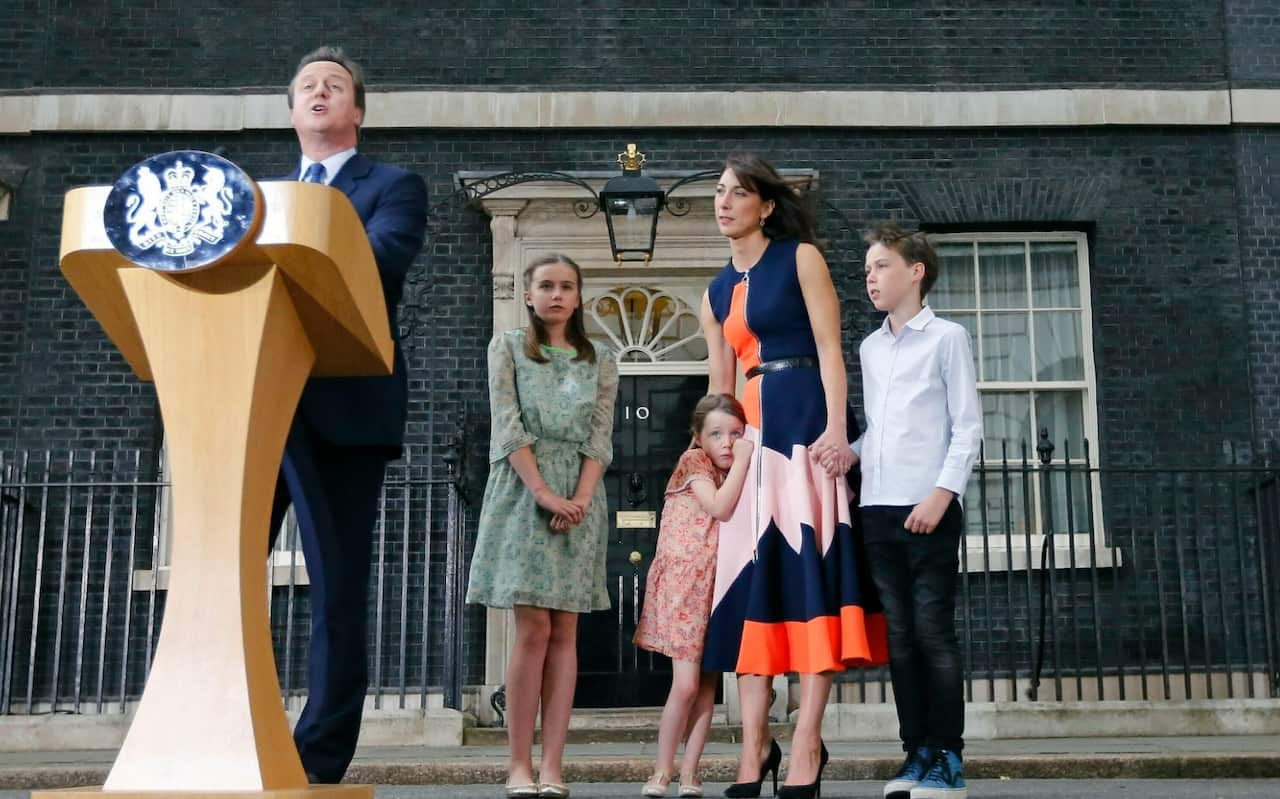Domestic politics in the UK has intensified over recent months as parliamentarians consider how to move forward with divorce proceedings with the European Union.
As tensions rise within the UK parliament over plans to leave the EU, uncertainty is growing among Europeans who until recently enjoyed the freedom to live and work in the UK without the need for visas or work permits. Things have already changed.
This is what Natalia Guillén, a Spanish physiotherapist who has lived and worked in London for thirteen years, explains.
"I've been living here for a lot of years. I have a house, a fixed job... Are you going to throw me out? How is this going to be?"
Ms Guillen told SBS Spanish that she's noticed a "huge change in the atmosphere" in London since the Brexit referendum in 2016.
"The day of the referendum was a sad day because for me, and I think for most of the people who live here, London is multiculturalism, integration, equal opportunities, and above all, free," she said.
"With Brexit came the sensation of being hit against a wall. That is to say, that the almost perfect harmony that you felt as a foreigner in London, broke down. The English people who are all culturally very correct and very educated and above all very critical of the racist comments - which are very badly seen- gave vent to this racism that I'm not sure had been dormant or never noticed.
"There were many incidents against the Polish community, especially. But also incidents against Spaniards on buses, like that of a girl who was punched in the face in a train for speaking Spanish."
The racism exhibited following the referendum made Ms Guillen feel insecure, as in the case in which she was forced to change the conversation she was having with a friend from Spanish to English, in fear of how the people around her would react.
"Before this, I would have never considered it. There has been a total change."

Ms Guillén said that uncertainty has increased as the authorities managed the measures for European citizens to regularise their situations.
"It was the concept of the residence card that we had to ask for, to show that we had been living here for at least five years working or studying," she said.
She took out the residence card, but after one year the government announced that this card was not going to be permanent and that another process had to be requested, the EU Settlement Scheme, to get the status of "settled".
This status gave the right to stay in the country, work, study, use social services and receive public assistance to which they were entitled.
"Imagine the uncertainty. You tell me a year and a half ago that I have to do this, and now you change it for me. (...) And after two months, this other process that had to be paid, 65 pounds, is taken out. After two months they say it's free. (...) What will they ask us tomorrow?" the Spaniard said.
This situation pushed Ms Guillen to apply for British citizenship.
"It's the safest way to stay in the country, but it's an expensive process, and you have to do two exams, one [on your] English and one English history, other paperwork ... in the end you end up spending the equivalent of more than 2,000 Australian dollars, and not everyone can," she said.
She was eventually granted citizenship.

